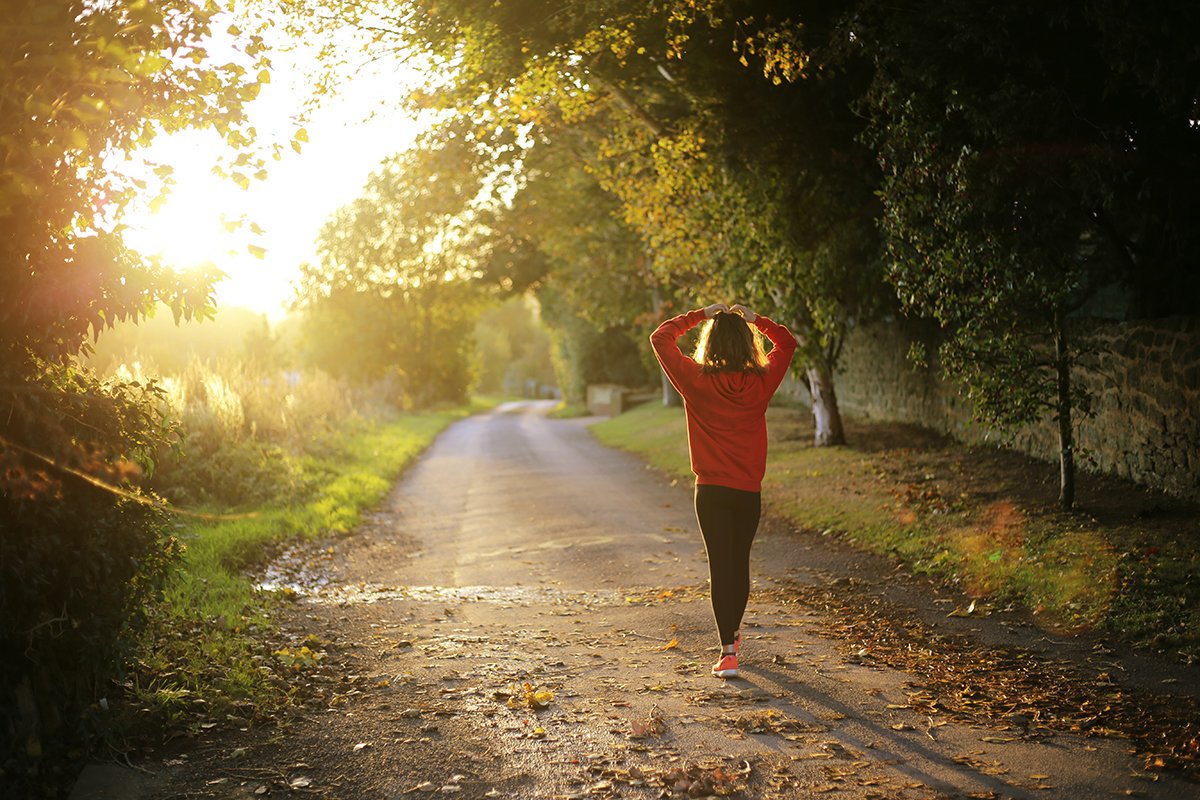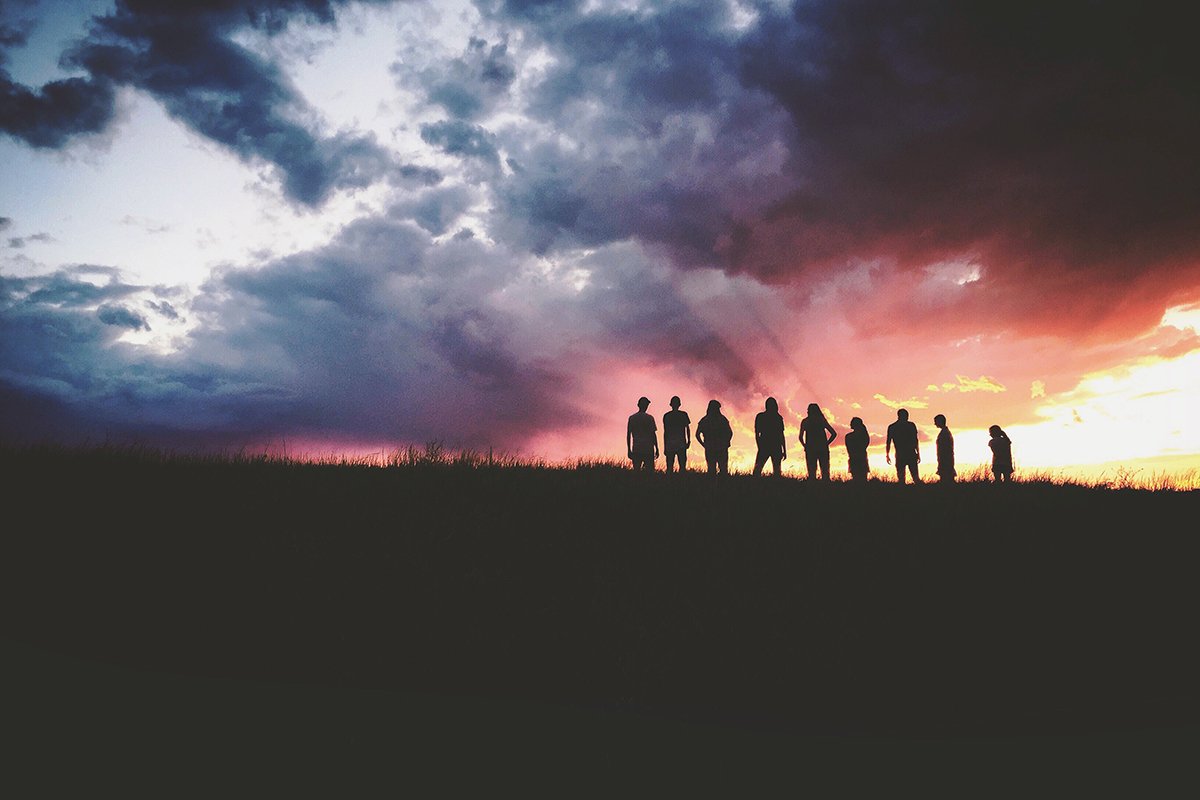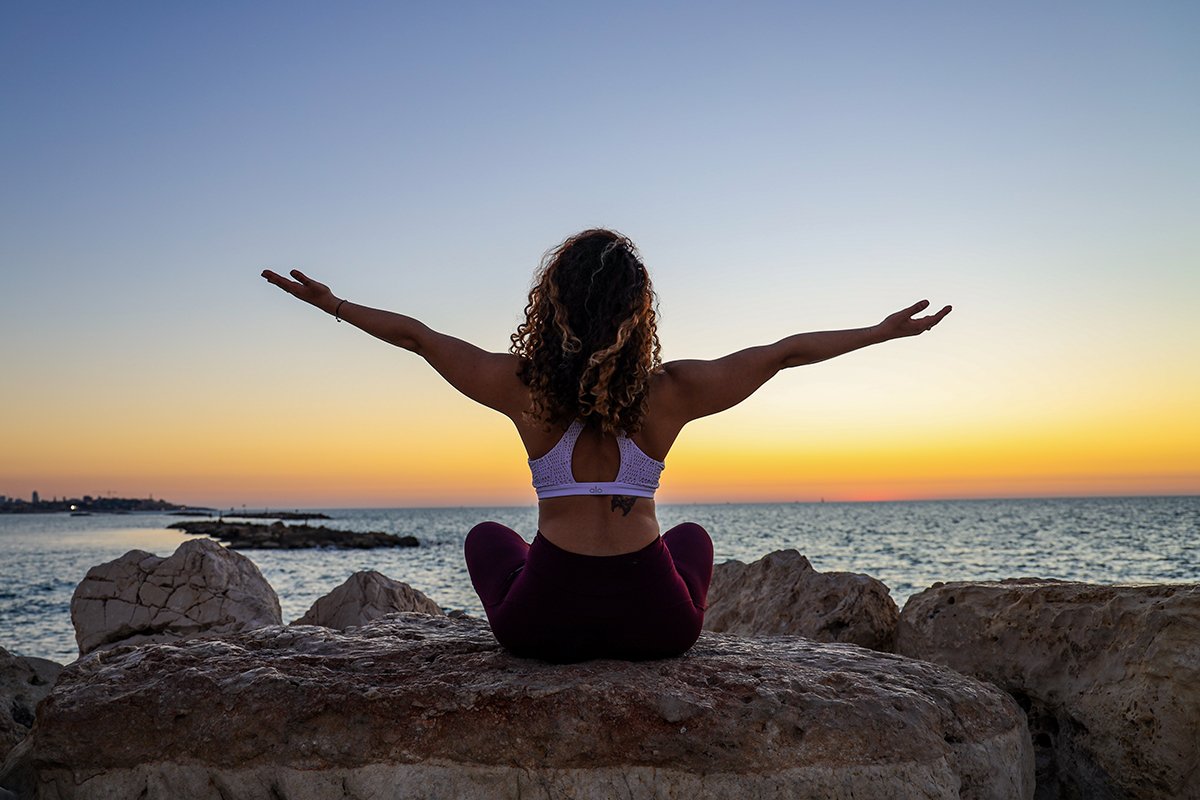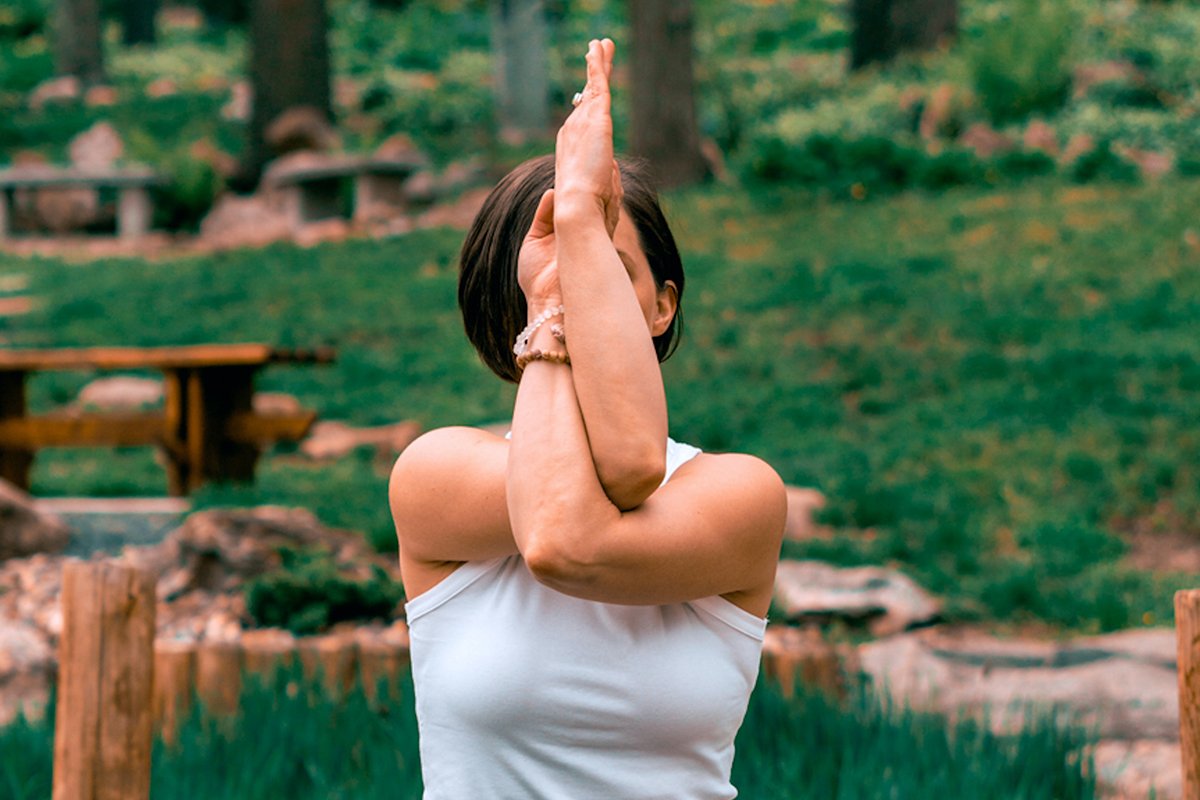How to Combat Holiday Stress by Heading Outdoors
No matter your holiday philosophy, stress is a given during this time of year. Whether you’re trying to find the perfect gift, find that must-have toy before it sells out, or just figuring out how to pay for it all, the pressure can be mentally and physically taxing. School activities, parties, and family get-togethers can leave you feeling drained, moody, and overwhelmed. Getting outdoors can help relieve some of that built-up stress and anxiety. Here are six ways the outdoors can make your holiday season more peaceful.
Videos by Outdoors
Boost Immunity

With the colder weather and loss of daylight, people tend to spend more time indoors during the winter. This time of year also means indoor exposure to lots of different people (think germs) whether that be at the grocery store or holiday gatherings. Holiday commitments often mean we get less restorative sleep. Head outdoors for a natural immunity boost from the sun. Sunlight builds T-cells–an essential part of immunity and the body’s ability to fight sickness. Vitamin D also helps strengthen bones as Vitamin D helps the body absorb calcium which is essential for bone growth and health. Exposure to the forest can also build immunity as the phytoncides found in plants not only help them fight disease but in turn help humans increase white blood cell count and blood cell activity.
Exercise

Getting outdoors means a chance to exercise, which has many positive effects on the body. Exercise increases endorphins–the natural hormone that helps to enhance your well-being by lowering stress, alleviating pain, and improving mood. While you may lack the motivation to exercise outside in the winter, “Many people agree, the biggest hurdle is starting the exercise, and anecdotally, almost everyone will say once the workout is done, the endorphin rush leaves them feeling like it was worth it,” said Tabitha Steiner, LPC and LAC who uses exercise to combat her holiday stress. “Beyond the shift in hormone production exercise gives, it also taps into full body activity that can help connect both hemispheres of the brain, and make it easier to process through emotions.”
You can keep your exercise routine simple. For example, a simple walk through the neighborhood to see holiday lights can raise healthy natural hormone levels in the body. “It is a repetitive motion that connects both the physical and the mental, and helps to reduce stress hormone production, and increase natural “feel good” endorphins,” added Steiner. These same hormones help keep the heart healthy.
Breathe in Fresh Air and Get Exposure to Sunlight

As Steiner mentioned, just getting out the door and exposing the body to fresh air and sunlight can have almost instant effects on your health and well-being. Air and sunlight raise levels of serotonin–the chemical that carries messages between nerve cells in the brain and throughout your body. “The minute sunlight hits our eyes in the morning, it cues our body to start naturally producing serotonin (a neurotransmitter hormone that helps regulate many things including our mood and emotions),” said Steiner. “Serotonin is one of the body’s “feel-good” hormones, and an imbalance or deficit of serotonin can often be linked to decreased and depressed mood.”
The positive effects of sunlight and fresh air are long-lasting especially since serotonin is also linked to the sleep hormone melatonin. “The more serotonin we produce during the day, the easier our body can produce melatonin in the evening, allowing us to find a natural sleep/wake rhythm,” said Steiner. “We know that sunlight, exercise, and even our diet can help ensure our body is best primed to produce maximum serotonin. Exercise and effective sleep is also linked to a decrease in cortisol (another hormone that is often referred to as the ‘stress hormone’). In short, more sunlight, especially in the first part of the day, as well as exercise can lead to less stress and more productive sleep.”
Increases Focus and Grounding

With all the hustle and bustle, it can be hard to remember the meaning of the season. Heading outdoors can be just what you need to refocus the mind and spirit. “Time spent outdoors can also be naturally grounding,” said Steiner. “When we feel our feet on the Earth, the wind on our cheeks, even ‘Jack Frost nipping at (y)our nose,’ it immediately connects us to our body and the present moment. So much work in therapy is related to increasing mindfulness and intention around the here and now.”
Steiner noted that the holidays can be a time that brings out heavy emotions– a sort of time travel to the past and to the future. “Often if we can refocus on the here and now, there isn’t as much space for the mind to wonder,” she said. “This is why guided breathing, grounding techniques, and mindfulness practices are so effective; they bring us back into our own body and into the now.”
When we are outdoors, it is easier to bring ourselves to the present, activating our senses. “The natural elements have a way of connecting us back to the present in just that way, naturally, whereas indoors, in artificial light and climate-controlled temperatures, it can take longer to work through the grounding process,” she said.
Make Connections

The holidays are also a time of building connections through time spent with loved ones and friends. Spending time outdoors allows us to get away from negative influences and create deeper conversations without internal and external influences including technology, work commitments, and more. “The holiday season is also often a time to be around loved ones and friends that you may not see every day,” said Steiner. This opens the door for another hormone-oxytocin! Oxytocin is often referred to as the “love hormone.” It helps to reduce fear and increase bonding and generosity. Our body produces and releases oxytocin when bonding with others, through physical touch, or time spent with loved ones. It is similar to serotonin in that it is associated with elevated mood and positive emotions.”
Be sure to set boundaries that are healthy when it comes to gathering with others at this time. It is OK to say no to invites and take breaks from the chaos. Relationships can be complicated, and the holidays can intensify feelings. “Identifying your own needs and boundaries for what helps you feel safest and most supported is essential for life in general, and especially leading up to a busy season full of expectations,” said Steiner.
Reduce Overstimulation

From parties and flashing lights to blaring music and late nights, the holidays can be hard on our central nervous system and create periods of sensory overload. “Schedule demands, overstimulation, and over-socialization can be a huge stressor over the holiday season,” said Steiner. “It’s important to know the answer to these questions: Where do you get your energy? You can think of this as: are you introverted (feel recharged and re-energized by spending time alone) or extroverted (feel recharged and re-energized by time spent with others)? It is important to know our own needs for how we can recharge and re-energize so we are being intentional about finding time for self-care during every season of life, though it is particularly important during seasons that we know may be overscheduled.”
For many people, the answers of where you get your energy from can be answered by heading outdoors. Take time over the season to do your favorite outdoor activities whether you participate alone, with family, or with friends. Remember children also have the same overwhelming feelings and need time to decompress.
Source: https://outdoors.com/combat-holiday-stress-outdoors/







